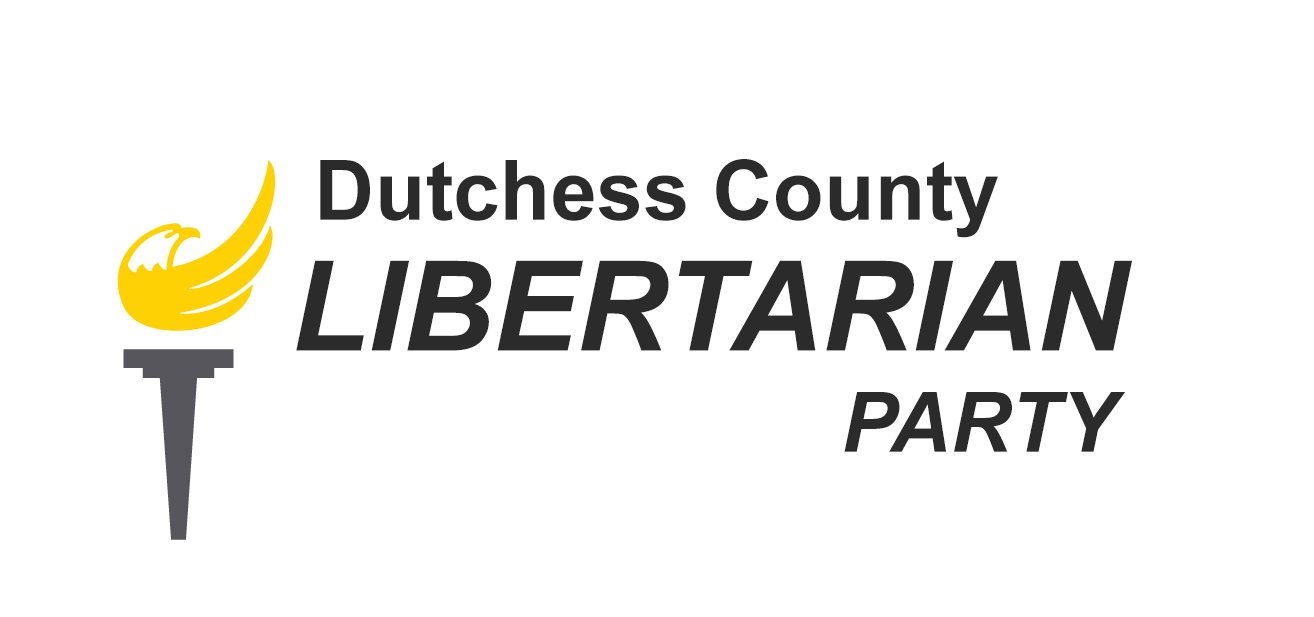The Liability of Uninsured Law Enforcement
“Moral hazard” is the insurance industry’s term which describes somebody taking risks knowing that his insurer will, say, replace the car he wrecks when driving recklessly through sleet. The presumption when contracting any insurance is that the insured party takes reasonable measures to minimize his risks.
If the insured party ever suffers a contingency, then the insurance company pays the claim and replaces the wrecked car, but there is some downside for the insured party. He can expect his premiums to increase, and even if he shops around for another insurer, generally he finds other insurers’ quotes are also higher since the industry overall deems him more expensive to insure.
Imagine now if somebody enjoyed the best of both worlds. He could – knowingly or otherwise – act negligently, have his insurer pay for his damage to others, and he would incur no increased costs after the fact, even if he took his business to another insurer. This analogy in fact describes our present situation with uninsured law enforcement.
Currently law enforcement officers (LEO) can commit errors or omissions, and ultimately through settlements or jury awards the employer county pays the claims, such as if a sheriff’s deputy neglects to inventory an arrestee’s expensive camera which goes missing in custody. The most extreme personal consequence which the negligent LEO may suffer is termination, in which case he just shuffles over to the next jurisdiction and takes a job in their law enforcement. In addition to suffering substandard professionalism in law enforcement, county residents are now victimized a second time around by having their tax dollars diverted to settling claims for negligence.
This liability would be easily remedied by employer jurisdictions requiring Professional Liability Insurance (PLI) as a condition of employment for all LEOs. Now a private source of funding for indemnities would offset the county’s pay-outs, and individual LEOs would be personally accountable for deviations from accepted practices and procedures. Unions would probably bundle PLI for their membership, thereby achieving economies of scale.
Personally this author believes that most LEOs mean well and try to follow proper protocols in their interactions with citizenry. Whenever incidents arise of police brutality and such, the community of LEOs always tells us that it’s “just a few bad apples.” PLI then is the chance for the good LEOs to price the bad apples out of the market!
“Liberty Minded with Dan Donnelly”
February 12th, 2020, published in The Mountain Eagle, distributed in Schoharie and Greene counties
